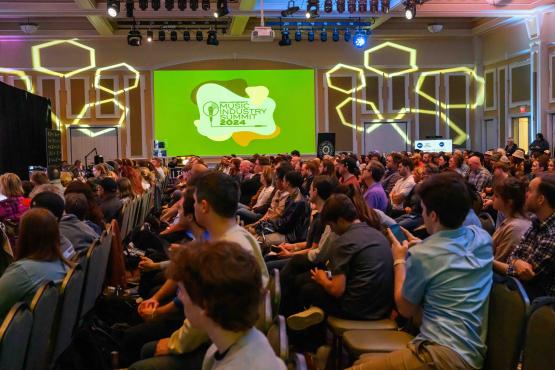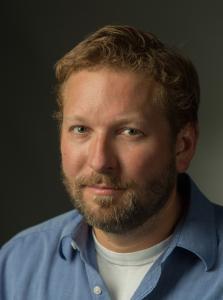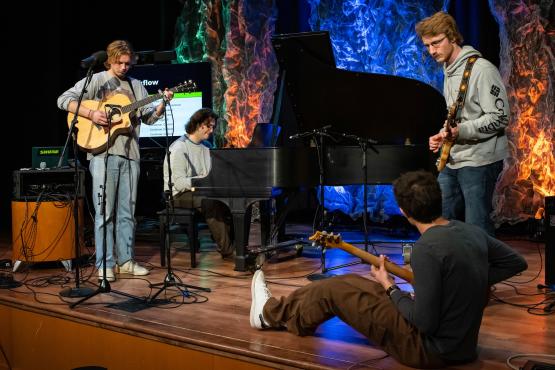Curricular opportunities include several exclusive industry experiences, including our Semester-in-LA program, the OHIO South by Southwest course, the Bonnaroo Music Industry Masterclass and countless media-related student organizations.
School of Media Arts & Studies
One of the nation's top 50 U.S. media programs
(source: Broadcast Education Association rankings)
The School of Media Arts & Studies (MDIA) prepares well-rounded individuals to think critically, act creatively and practice ethically in a fast-changing global media society. Students have exceptional immersive opportunities to focus on a specific area of interest while also taking advantage of a broad-based, liberal arts curriculum that enhances long-term success. Media Arts & Studies students are also strongly encouraged to get involved with several related student organizations and internships to set them up for success with real, applicable experiences. Read More About Our school
Beyond the Classroom
-
Internships & Practicums
Get resume-ready professional experience with off-campus opportunities and organizations that will give you that crucial edge when applying for jobs and internships.
-
Join an Organization
In our student-run clubs and organizations, you'll gain practical, real-world experience outside the classroom and expand your peer network.
Majors
-
Undergraduate Majors—Animation
—Music Production & Recording Industry
—Media Arts Production
—Media & Social Change
—Screenwriting Minor
—Social Media Certificate
—Podcasting Certificate
-
Graduate Majors—Master's in Communication and Development
—MFA in Communication Media Arts
—Doctoral Degree in Mass Communication
Facilities
Professional state-of-the-art facilities are available for our students to use.
Student Feature: Peat Lynch
Featured Experience: MDIA Masterclass in Austin
Alumni Spotlight: Emily Shkoukani at Lucasfilm
2024 Music Industry Summit
The Music Industry Summit returns to OHIO's Athens Campus on Tuesday 4/9-Wednesday 4/10, 2024. Grammy-winning artist Jason Isbell has been announced as our closing keynote and performer, with many more announcements to come! The Summit, held annually, is open to both students and professionals at no cost.




